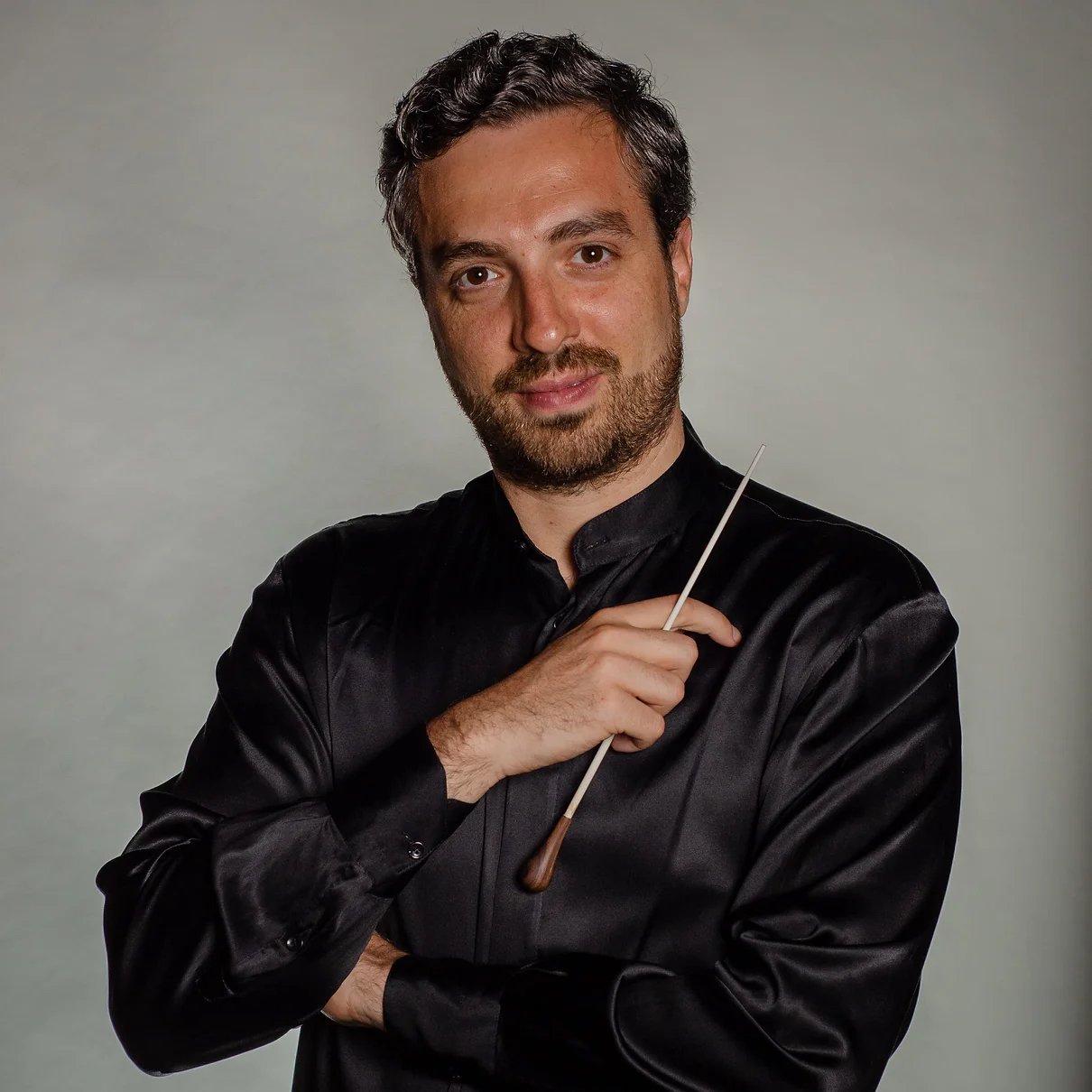Grace Notes
Volume 2
April 2024
Conducting the St. John Passion : An Interview With Filippo Ciabatti
DONNA REILLY
DR: The St. John Passion has been performed many times. How much does that affect how you prepare for it?
FC: It’s hard to be completely prepared when you’re approaching masterpieces of this size and importance. Preparation starts by doing a lot of research, even though I’ve heard this music all my life. Because it’s been done hundreds of times, there are conductors who feel they must put together an interpretation that’s somehow original or unique. I don’t think the purpose of a performance should be to distinguish yourself from other conductors. I do try and avoid copying someone else’s performance, and I avoid listening to other performances when I’m preparing to conduct something.
Early music didn’t include much information about how it should be played. The common standard practice—a kind of grammar of music performance—was known to all musicians at the time, so there was really no need to write much instruction. With all the research we’ve done, we now have much more information about what Bach might have heard at the time. With the rebirth of original instruments, we know how the instruments sounded so we have a much greater idea of what Bach might have wanted. Musicians today have achieved a very high level of expertise on these instruments. I wonder what the technical level was in Bach’s time. I suspect it was much lower. Bach probably never heard a performance of his work at the level we’re hearing it today.
I try not to think about the fact that this has been done many, many times. I think it’s more important to be truthful to the text, and committed to your own vision and choices once you’ve determined them. As you know, there have been many good recordings of the St. John Passion, and we could just as well listen to a CD instead of attending a live performance. What makes sense about performing this music live is that every performance is a unique experience. The fact that I am here, making music with these colleagues at this particular time and place—that’s unique, and that’s what makes it special. Taking all that into account, it makes great sense to perform this music once again.
Are you excited to be conducting this majestic work?
Yes, very excited. I don’t really have a feeling of nervousness; but rather a sense of reverence and responsibility to be guiding a piece of this magnitude.
Table of Contents
Conducting the St. John Passion: An Interview With Filippo Ciabatti
Musician Profile: Eric Finbarr Carey
A Broken String: An Interview with Jesse Irons
GRACE NOTES

